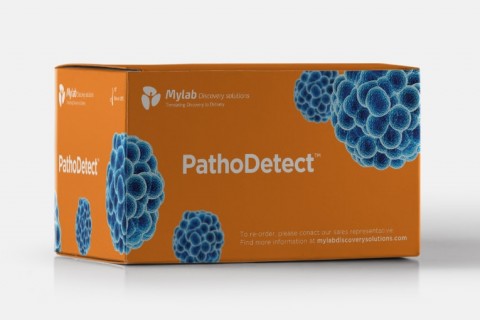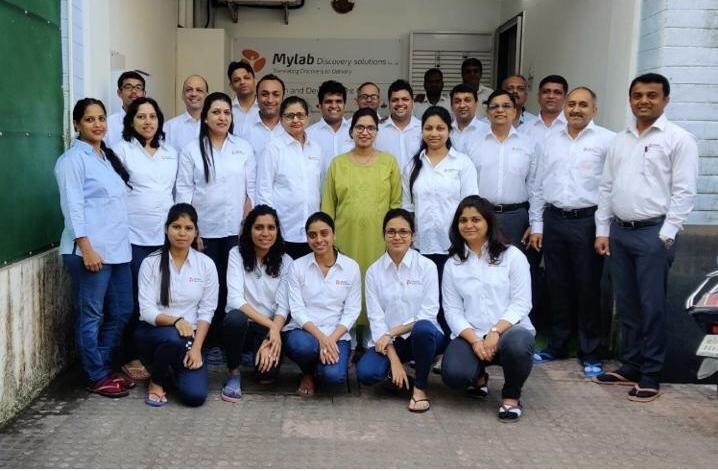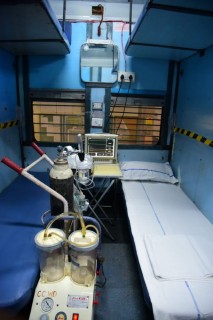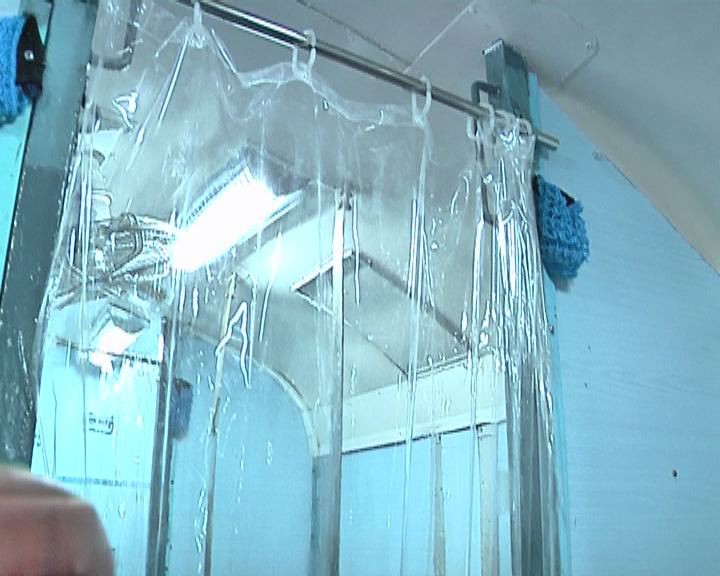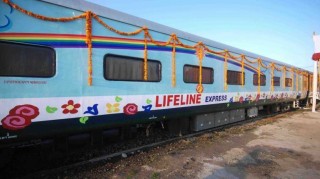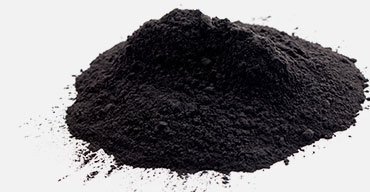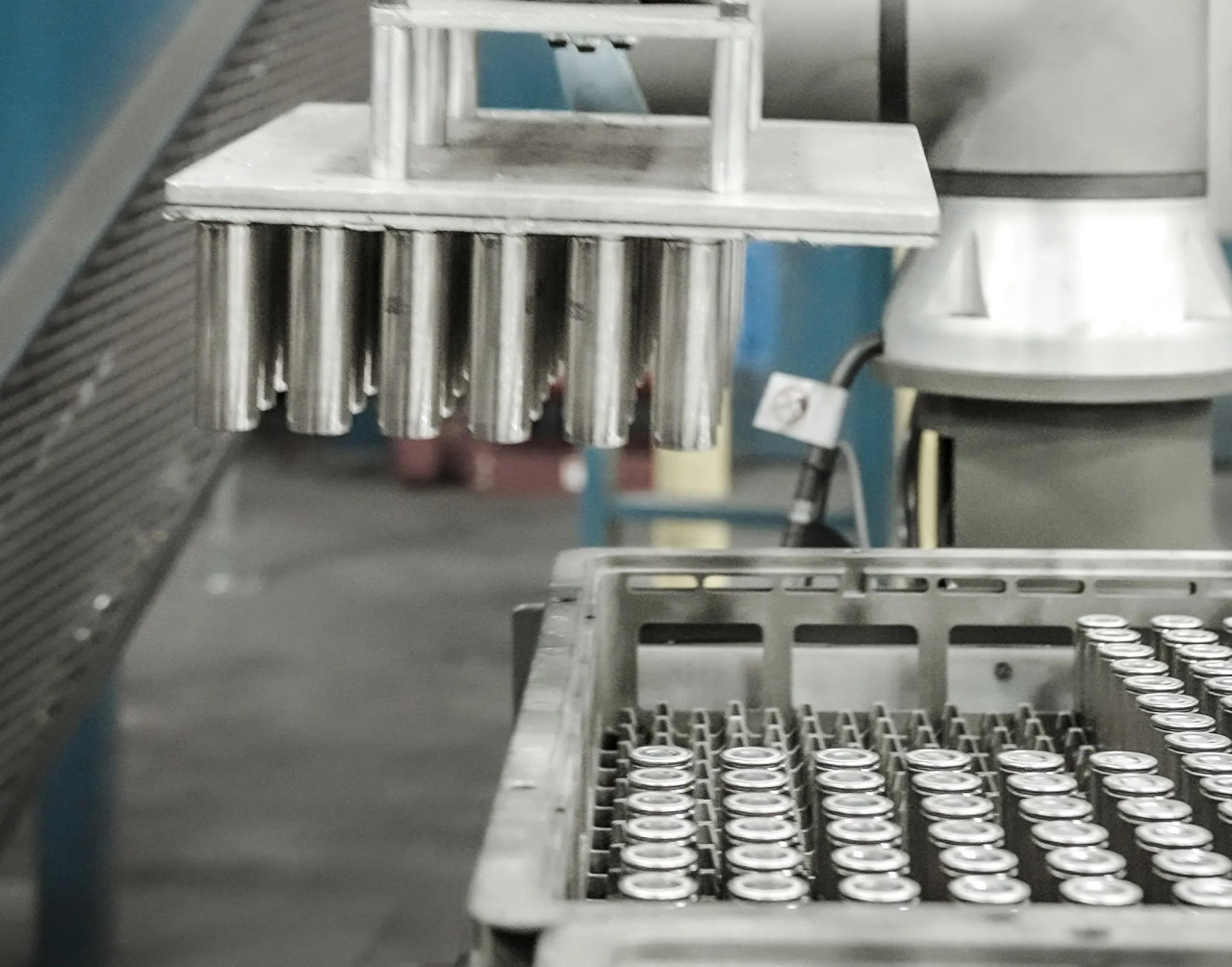As the coronavirus contagion grips the world, the strongest weapon to combat it is technology. A glimpse into how it is being effectively deployed in the fight against the outbreak.
First made-in-India COVID-19 test kit delivered
Pune-based molecular diagnostics company Mylab Discovery Solutions has received commercial approval from the Central Drugs Standard Control Organization (CDSCO) for its COVID-19 test kit. It is the first made-in-India testing kit for novel coronavirus to the market.
Mylab virologist Minal Dakhave Bhosale headed the team that successfully developed the Mylab PathoDetect COVID-19 Qualitative PCR kit. "Our kit gives the diagnosis in two-and-a-half while the imported testing kits take six- seven hours," said Ms Bhosale. The kit was developed in a record time of six weeks as against three to four months, for which she praised her team of 10 saying they worked very hard to make the project a success.
The Mylab R&D chief won instant accolades from around the country after her story of dedication and determination went viral. She started on the research in February, working through a pregnancy complication in order to meet
a deadline. She submitted the testing kit for evaluation to National Institute of Virology (NIV) the day before she delivered her daughter. "It was like giving birth to two babies,"
Ms Bhosale said.
Hasmukh Rawal, MD - Mylab Discovery Solutions, said it is the first Indian firm to get full approval to make and sell COVID-19 testing kits. The PathoDetect kit has been made as per WHO/CDC guidelines, he informed. Before submitting the kits for evaluation, the team had to check and re-check all the parameters to ensure its results were precise and accurate. "If you carry out
10 tests on the same sample, all 10 results should be same. And we achieved that. Our kit was perfect," said Bhosale.
On March 26, the first batch of 150 testing kits reached diagnostic labs in Pune, Mumbai, Delhi, Goa and Bengaluru. "Our manufacturing unit is working through the weekend and the next batch will be sent out on March 30," Dr Gautam Wankhede, Mylab's Director for medical affairs said.
Local manufacturing will be a major breakthrough for India as the company says it can supply up to 100,000 Covid-19 testing kits a week and can produce up to 200,000 if needed. Each PathoDetect kit can test 100 samples and costs `1,200 (£13 / $16) – which is about a quarter of the `4,500 that India pays to import corona virus testing kits.
The government-run Indian Council for Medical Research (ICMR) said Mylab was the only Indian company to achieve 100 percent results.
Isolation wards on track
On March 28, Railway Minister Piyush Goyal tweeted: "Stepping up efforts to fight coronavirus, Railways has converted a train coach into an isolation ward."
The State-owned Indian Railways has set a target to convert 20,000 coaches into isolated hospital beds in anticipation of increasing numbers of coronavirus patients. It was reported that the proposal to offer the empty coaches to be used as ICUs was discussed in a meeting with the railway minister, the railway board chairman, general managers of all zones and divisional railway managers over videoconferencing. These railway isolation wards can serve in the hinterland or in any region needing medical facilities. Indian Railways, which runs 13,523 trains daily, is the largest rail network in Asia and the world's second largest.
"We are geared to be part of the efforts to fight corona virus and we do have huge infrastructure with us to contribute to the effort," a senior official said. Each of the railway's
16 zones would convert a rake with 10 coaches every week to be used as an isolation ward, said the official. Work on modification of 5,000 coaches, which are to be converted initially into quarantine/isolation coaches, has already started with a capacity to accommodate up to 80,000 beds.
Five zonal railways, which include the Northeast Frontier Railway (NFR), have started converting coaches at the Coach Maintenance Depot in Kamakhya and Guwahati after consulting medical professionals at its N F Railway Central Hospital, Maligaon. The Integral Coach Factory in Perambur, Chennai said that one rake of 10 coaches will be converted into an isolation facility within a week. The Northern Railway zone is ready with the prototype. All of these can be used as hospitals on wheels with consultation rooms, medical store, ICU and pantry. Extra bottle holders and electric points are provided for medicines, IV fluids and medical equipment like oscilloscope monitor, suction apparatus, etc. Air plastic curtains have been placed between two cabins for privacy and isolation. Insulated bamboo sheets are put up on the roof and walls of the coach to reduce temperatures inside. The Railways has asked all its coach manufacturing units and workshops to produce hospital and medical equipment including beds, sanitizer, masks and ventilators to meet the demand in the event of a massive virus outbreak.
Indian Railways has a number of Accident Relief Medical Equipment Vans (ARME) or rail ambulances which could be offered to the government. It has a total of 125 hospitals of which over 70 are being planned to be kept ready for any contingency. Around 6,500 hospital beds are also being readied.
"Railways will offer clean, sanitized and hygienic surroundings for the patients to comfortably recover," tweeted the railway minister.
The traveling hospital
The Lifeline Express or Jeevan Rekha Express is the first hospital train in the world, started in July 1991. It was a collaborative effort by Impact India Foundation, Indian Railways and the Health Ministry of India.
Jeevan Rekha Express provides treatment to patients across the country mainly those in remote areas. The hospital train is equipped with the latest state-of-the-art operation theatres. With a team of qualified doctors and surgeons, the train provides free treatment and surgeries to patients on various services relating to eye, ear, dental, cleft lip, polio, cancer and more.
The train has made a health impact both in India, as well as around the world, and has inspired similar initiatives.

